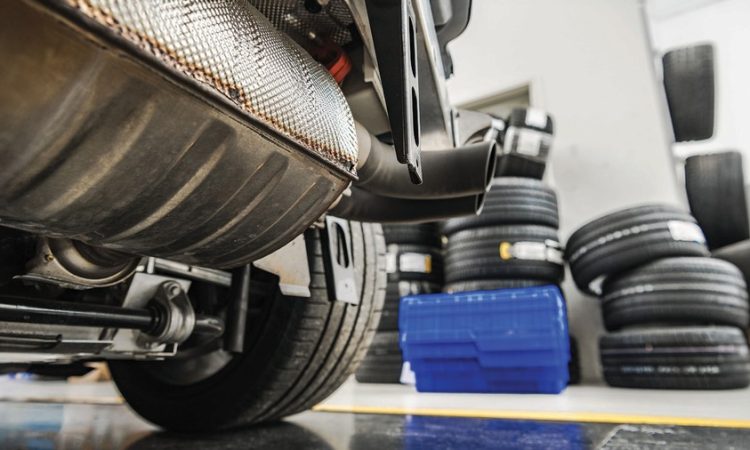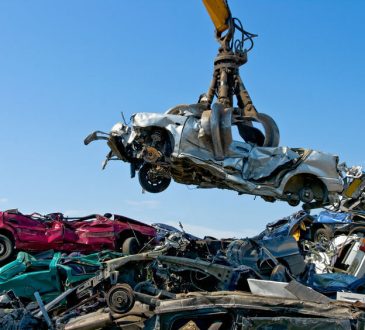
The muffler is more than just a noise reducer; it’s an essential part of your vehicle’s exhaust system. Its main job is to reduce the loud noise produced by the engine’s exhaust gases while maintaining proper exhaust flow. The muffler works in conjunction with other components like the catalytic converter and exhaust pipes to ensure that harmful gases are properly filtered and expelled. When the muffler fails or becomes damaged, it disrupts this process, potentially leading to a range of issues throughout the entire exhaust system.
Disruption in Exhaust Flow
A faulty muffler can interfere with the smooth flow of exhaust gases, leading to several complications. If the muffler is clogged or has holes, it may restrict the exhaust gases from leaving the engine efficiently. This can result in increased backpressure, which places stress on other parts of the exhaust system, including the catalytic converter. Over time, this added strain can damage components and shorten their lifespan. Furthermore, improper exhaust flow can cause the engine to run inefficiently, leading to poor performance and increased fuel consumption.
Heat Build-up and Its Impact on the Exhaust System
Another significant concern with a bad muffler is the potential for heat build-up. When the muffler fails to properly expel exhaust gases, excessive heat can accumulate in the system. This can cause the exhaust pipes, catalytic converter, and other components to overheat. Over time, excessive heat can cause these parts to wear out prematurely, crack, or fail entirely. For example, a catalytic converter exposed to high temperatures can overheat and lose its efficiency, requiring costly repairs or replacement. Going for the European Auto Repair in Denver, CO based services is perfect in this case.
Costly Repairs and System Failures
Ignoring muffler problems can result in a domino effect of damage throughout the exhaust system. As the muffler fails to perform its duties, other components may suffer from excess strain, increased temperatures, and corrosion. This can lead to costly repairs, not just for the muffler, but for other affected parts like the catalytic converter and exhaust pipes. Replacing a muffler is far less expensive than dealing with the fallout of a damaged catalytic converter or a cracked exhaust pipe, so addressing muffler issues early can save you significant repair costs down the road.
Preventative Maintenance: Protecting the Entire System
The key to avoiding a shortened exhaust system lifespan is regular maintenance. Keeping your muffler in good working condition ensures that exhaust gases flow properly, preventing excess heat and pressure from damaging other components. Regular inspections and prompt repairs can help catch muffler problems early, protecting the rest of your exhaust system. If you notice unusual noises, poor fuel efficiency, or exhaust leaks, it’s important to address the issue before it causes more widespread damage.
In conclusion, a bad muffler can indeed reduce the lifespan of your entire exhaust system. By disrupting exhaust flow, causing excessive heat, and stressing other components, muffler issues can lead to more expensive and extensive repairs.




